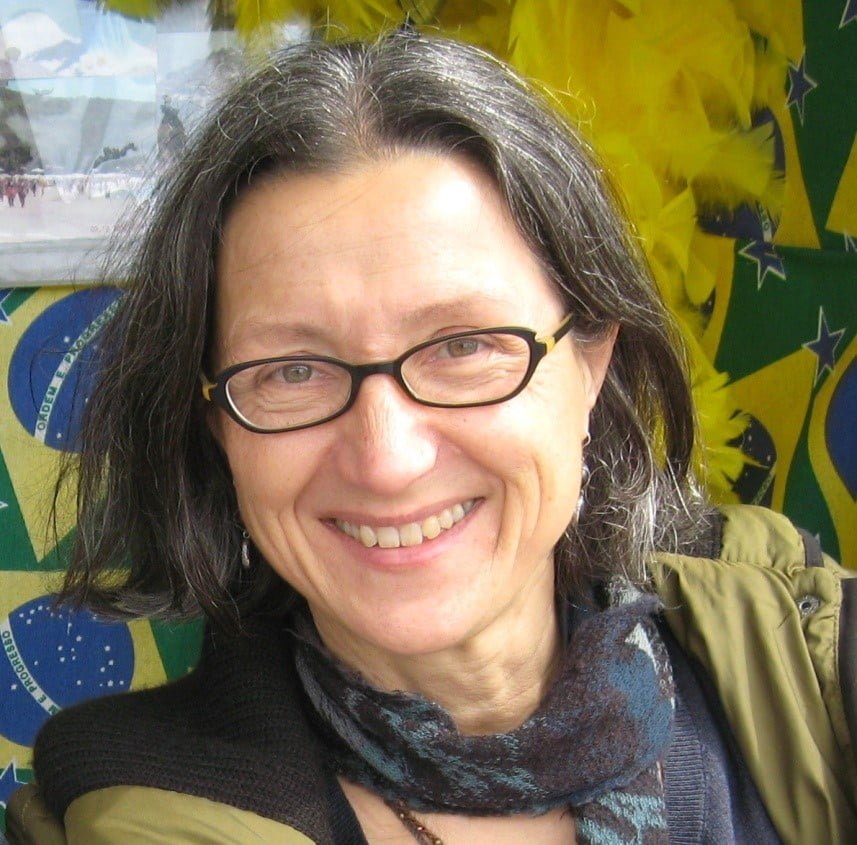 About Epidemiology: Since I decided several decades ago to change careers from medicine to epidemiology our profession has blossomed into the “Modern Epidemiology” that members of SER embrace and rely on daily. Our field is now grounded in solid methodology, established us firmly in the realm of causal reasoning, and we created a common language and an identity no matter whether our job is setting up a response to Ebola, measles outbreaks, identify air toxics, or preventative strategies for head injuries. SER had and continues to have a large role in this professionalization. However, we also continue to face major challenges. Some first pronounced our ‘limits’ 20 years ago, implying that our discipline was devoid of useful tools. Our research methodology was further challenged by emerging ‘hard’ disciplines that discovered population research, such as genetics and the ever expanding ‘Omics’ fields. It is not surprising that many criticisms have also been voiced from within our own discipline. We are as susceptible to the dazzle of new instruments as anyone else, but we are also taught to be ever self- and peer- critical. At this point, such a curious yet principled disposition may even be considered a professional character trait. This is in stark contrast to what I have been taught as a doctor, when asked to inspire confidence in patients above all, even when the data are weak. I believe firmly that one of the greatest assets of our epidemiological training is teaching students to embrace a voracious search for answers while considering all possible biases and a continuous questioning of the obvious in our data; these are critical elements of our scientific discipline.
About Epidemiology: Since I decided several decades ago to change careers from medicine to epidemiology our profession has blossomed into the “Modern Epidemiology” that members of SER embrace and rely on daily. Our field is now grounded in solid methodology, established us firmly in the realm of causal reasoning, and we created a common language and an identity no matter whether our job is setting up a response to Ebola, measles outbreaks, identify air toxics, or preventative strategies for head injuries. SER had and continues to have a large role in this professionalization. However, we also continue to face major challenges. Some first pronounced our ‘limits’ 20 years ago, implying that our discipline was devoid of useful tools. Our research methodology was further challenged by emerging ‘hard’ disciplines that discovered population research, such as genetics and the ever expanding ‘Omics’ fields. It is not surprising that many criticisms have also been voiced from within our own discipline. We are as susceptible to the dazzle of new instruments as anyone else, but we are also taught to be ever self- and peer- critical. At this point, such a curious yet principled disposition may even be considered a professional character trait. This is in stark contrast to what I have been taught as a doctor, when asked to inspire confidence in patients above all, even when the data are weak. I believe firmly that one of the greatest assets of our epidemiological training is teaching students to embrace a voracious search for answers while considering all possible biases and a continuous questioning of the obvious in our data; these are critical elements of our scientific discipline.